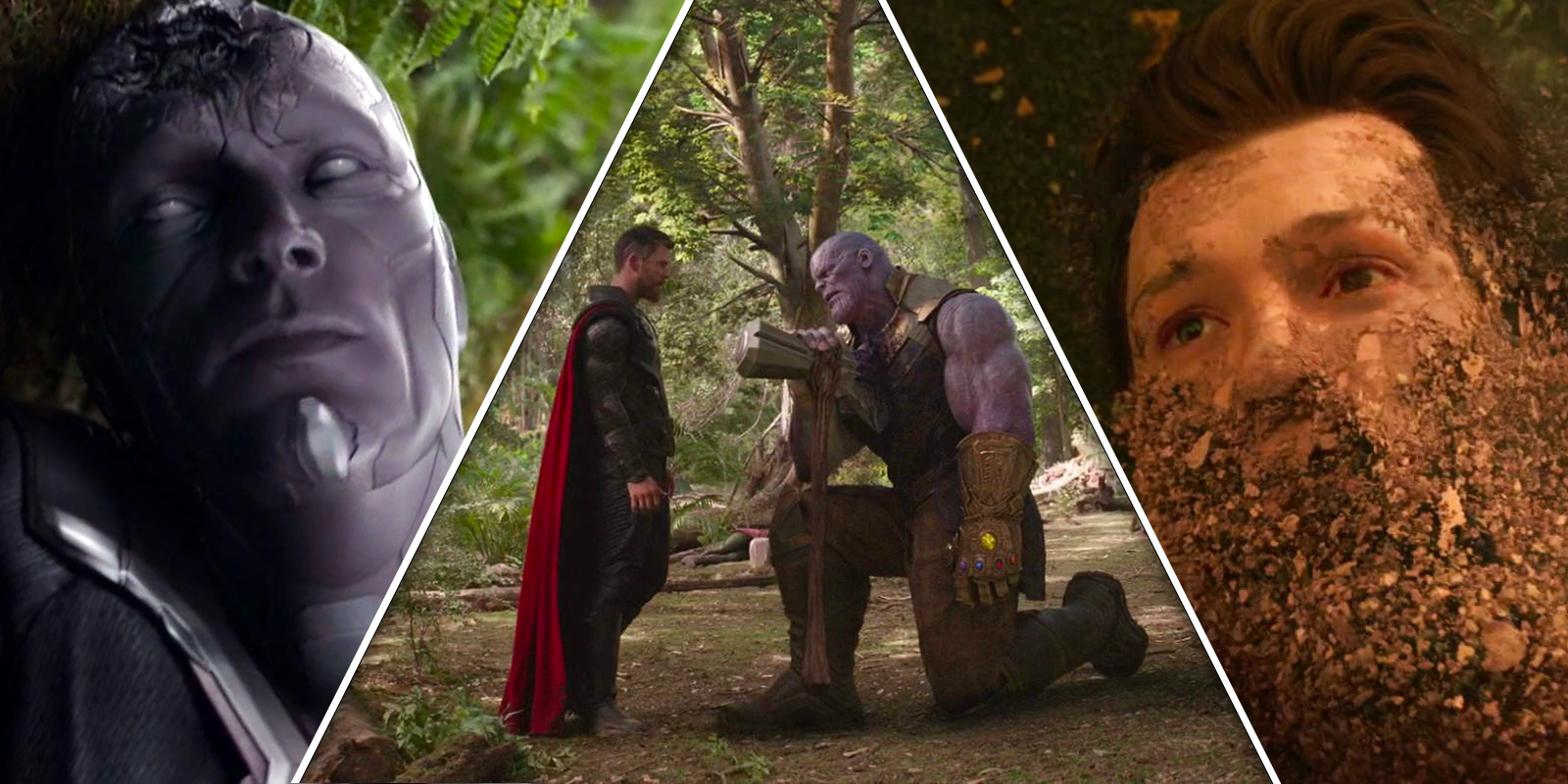
There are several reasons why the Avengers lost in Avengers: Infinity War. Marvel Studios' Infinity Saga wrapped up with Avengers: Endgame, while Spider-Man: No Way Home functioned as its epilogue. Now the franchise is treading new narrative territory as it rebuilds itself in Phase 4. Still, fans continue to revisit Earth's Mightiest Heroes' fight against Thanos (Josh Brolin), particularly their initial encounter which resulted in the Avengers' first real defeat.
Set-up by the events of Captain America: Civil War, Avengers: Infinity War picked up two years following Steve Rogers (Chris Evans) and Tony Stark’s (Robert Downey Jr.) falling out. This left Earth at its most vulnerable state, allowing Thanos easier access. Despite that, the Avengers, together with the Guardians of the Galaxy and other independently-operating heroes banded together and put up a decent fight against the Mad Titan and his minions. In the end, however, their efforts simply weren't enough to stop the villain from snapping half the universe out of existence. This was the first time since assembling in 2012 that the MCU heroes failed in their sworn oath to protect the innocent.
Now that the Infinity Saga is finished, more information has come to light regarding what really went down in Avengers: Infinity War and its sequel. As revealed in Loki, everything panned out according to He Who Remains' (Jonathan Majors) plan, which means that nothing could've really stopped Thanos from executing the decimation. This is backed up by Doctor Strange's (Benedict Cumberbatch) insinuation that for the Avengers to win in Avengers: Endgame, they needed to lose first. That being said, looking solely at the events of Infinity War, there are several factors that contributed to the team's defeat.
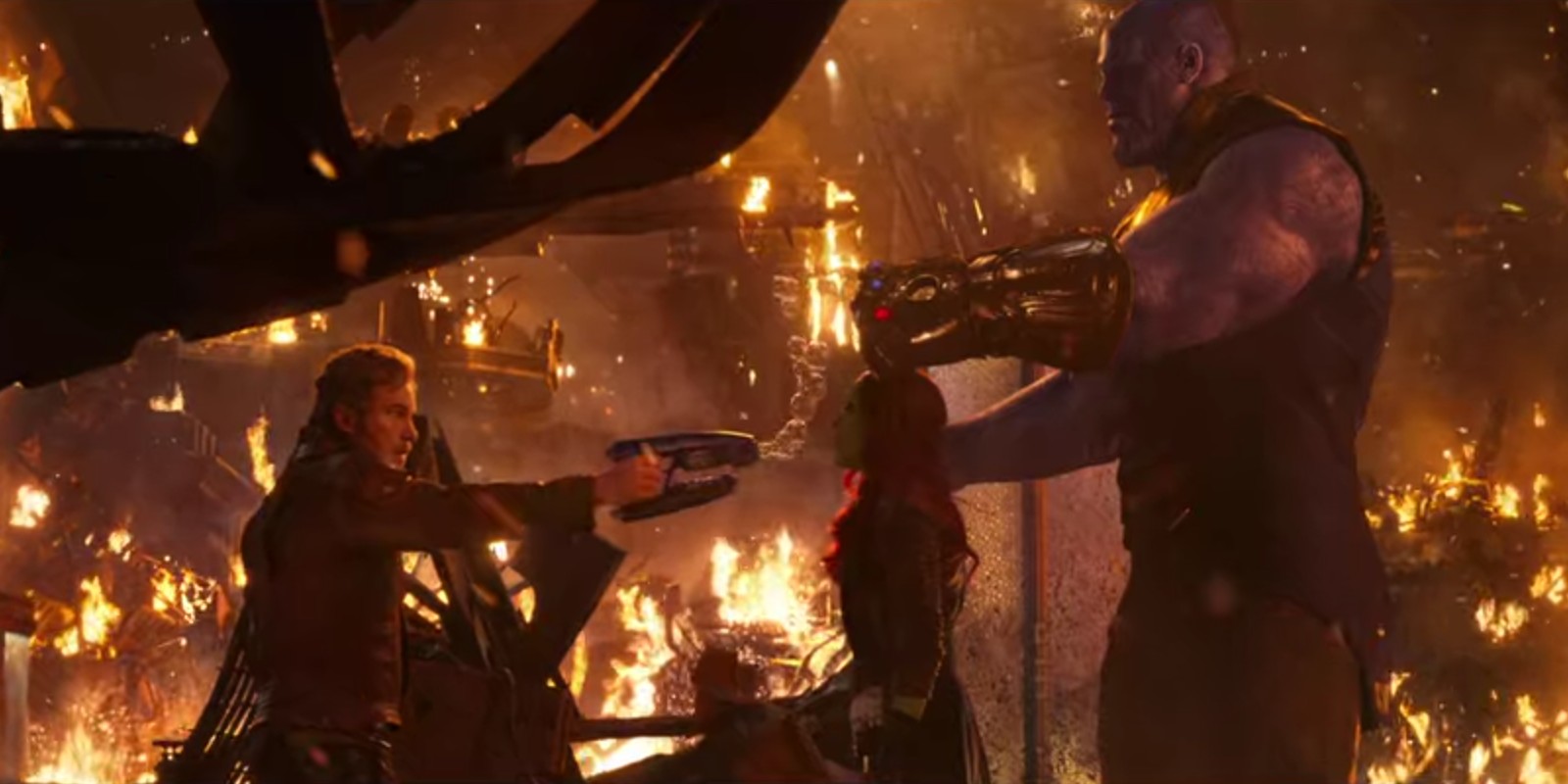
When the Guardians of the Galaxy learned about Thanos' impending attack at the start of Avengers: Infinity War, they decided to split up. Rocket Raccoon (voiced by Bradley Cooper) and Groot (voiced by Vin Diesel) went with Thor (Chris Hemsworth) to Nidavellir, while the rest attempted to track Thanos to Knowhere. This decision makes little sense. While Star-Lord (Chris Pratt) is certainly foolhardy enough to rush in, and Drax the Destroyer has a personal reason for going after him, both Thor and Gamora (Zoa Saldana) should've known better than to confront the Mad Titan with a less powerful, and frankly, amateur team.
Secondly, since Gamora knew that she was the key to locating the Soul Stone—and that without it Thanos' plan to destroy half the universe would ultimately fail—the most logical plan is obviously for her to get as far way from Thanos as possible. Granted, Gamora did create a failsafe plan by asking Peter Quill to kill her in the event that she was captured by the Mad Titan, it shouldn't have ever reached that point. Gamora knew what was on the line, and should have gone into hiding instead of actually seeking out her adoptive father.
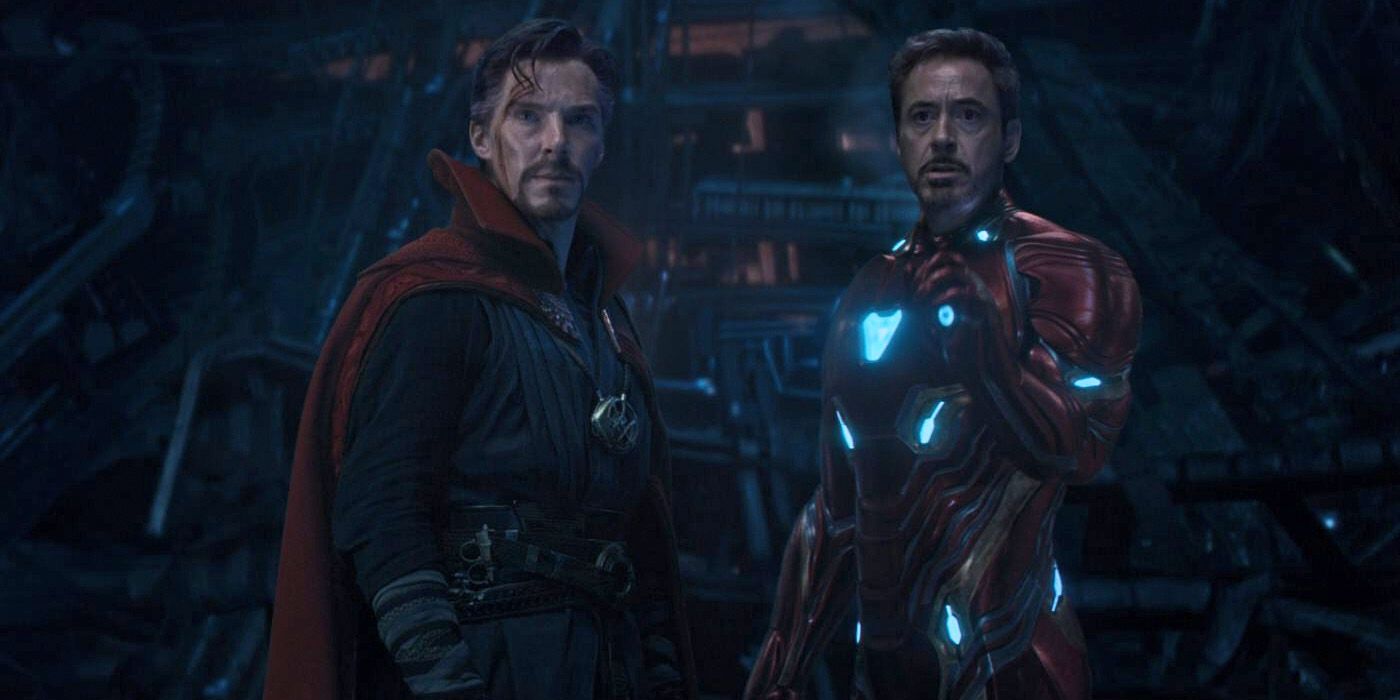
Similar to the Guardians of the Galaxy's first Avengers: Infinity War mistake, Tony Stark decided that it's best to bring the fight to Thanos on Titan rather than wait on Earth for him to show up. After the looming threat became clear with Ebony Maw and Cull Obsidian's arrival in New York, the genius, billionaire Avenger figured that it's best to catch the Mad Titan off guard by attacking his home planet. Doctor Strange was against the idea, primarily because it would mean that the Time Stone would be in close proximity with the purple alien, but in the end, he agreed with Iron Man's plan.
To be fair, aside from actively resolving the issue by not just passively waiting for the villain, Tony's choice was also in an effort to spare Earth from being another battleground. Especially since this was the primary reason why the Sokovia Accords were introduced. Still, what Iron Man should've done was to contact Captain America so they could collectively come up with a plan. Things progressed swiftly and the next thing he knew, he was already aboard the Q-ship, but Tony should've realized that to increase his chances of winning, he needed as much back-up as possible.
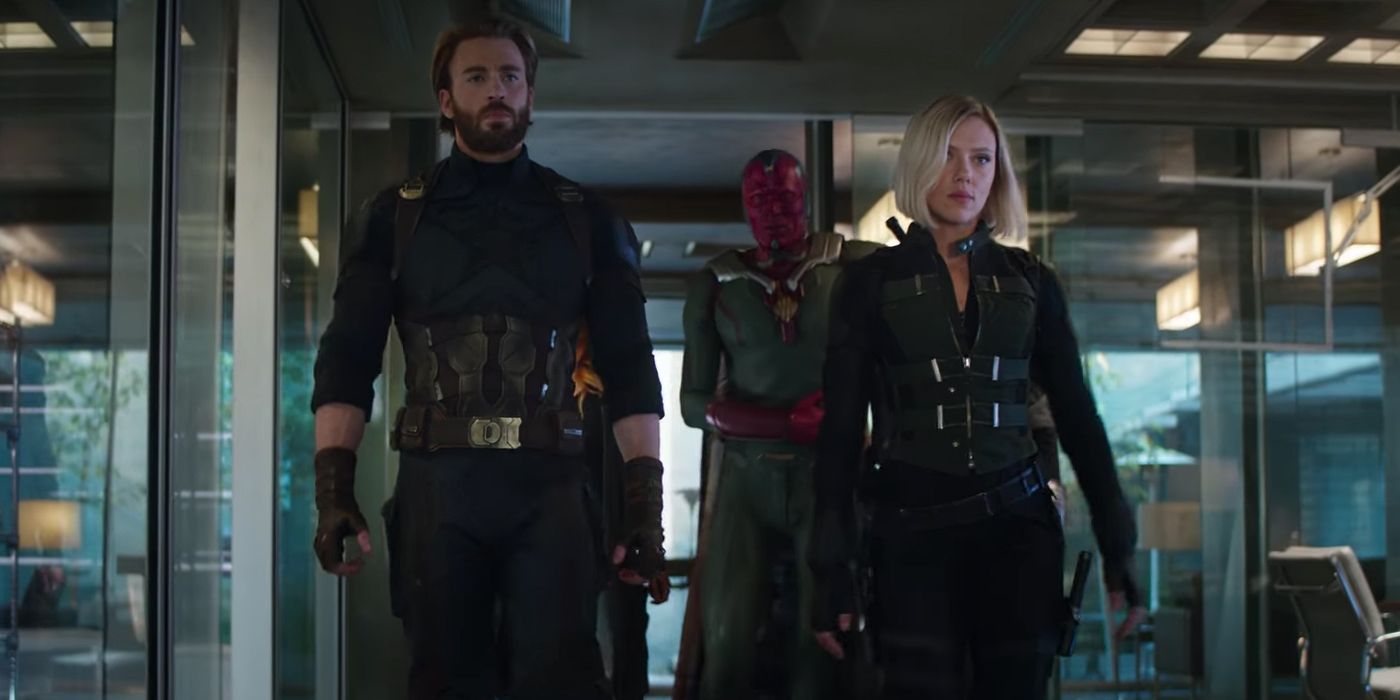
While Iron Man ventured off to space to fight Thanos, Captain America remained grounded in Avengers: Infinity War. After learning of the looming attack from the de-Hulk, Bruce Banner (Mark Ruffalo), he reached out to Black Panther (Chadwick Boseman) in Wakanda to draw up a plan. Prior to that, there were already talks of Vision (Paul Bettany) sacrificing himself so that the Mad Titan couldn't get his hands on the Mind Stone. Steve Rogers was adamant not to let the synthezoid give up his life.
The Marvels director Nia DaCosta recently pointed out that this was such an illogical move for the Super-Soldier as he was essentially choosing one life over the fate of the whole universe. In the end, Vision ended up dying anyway, and to make it worse, not only did Wanda Maximoff (Elizabeth Olsen) have to kill him on the spot, Thanos had to do it again to get the Mind Stone. Had Steve followed Vision's plan, then the android's death wouldn't have been in vain.
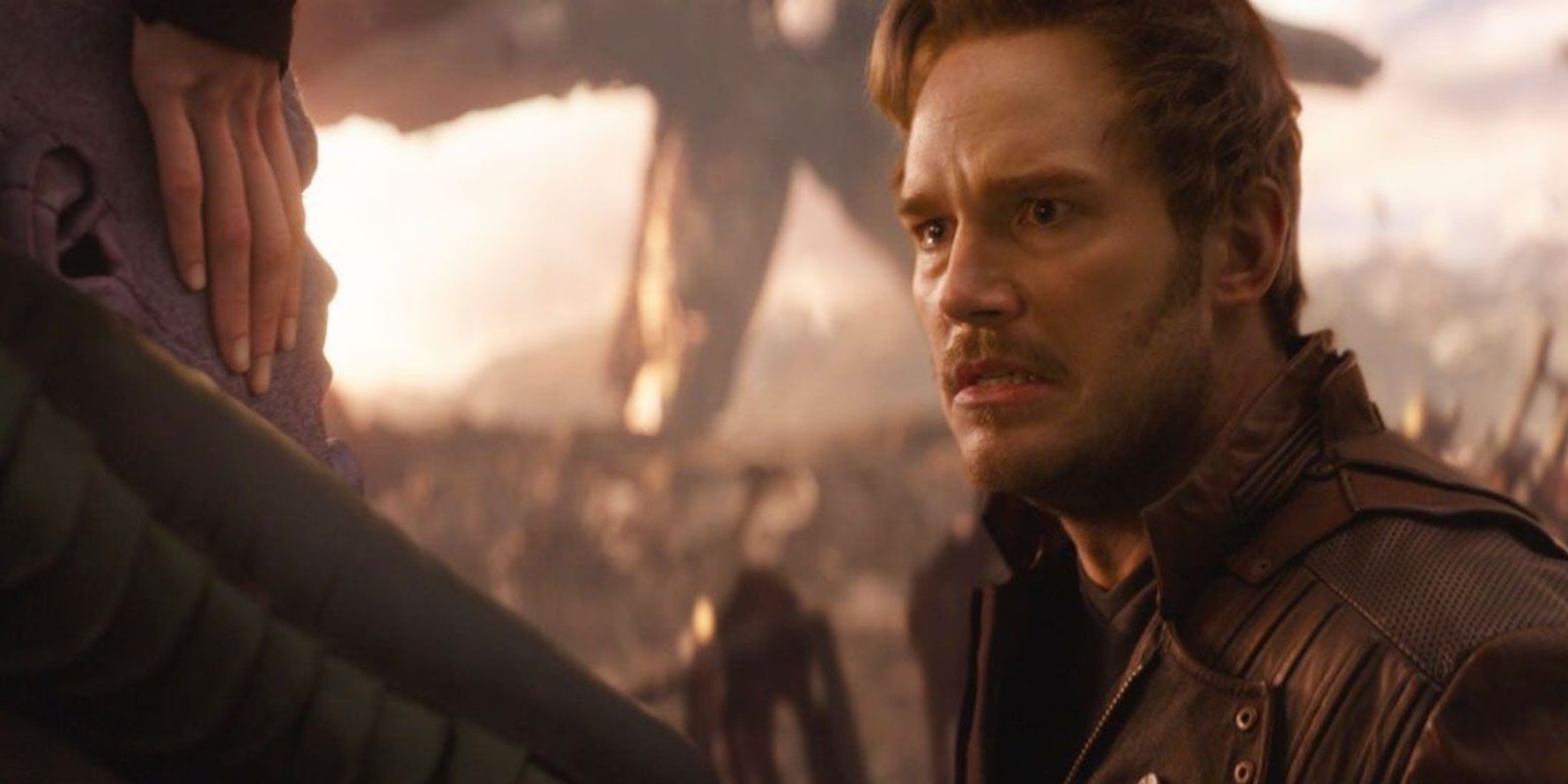
While it's unfair to solely blame Star-Lord for the decimation of the universe, his actions on Titan did contribute to the heroes' eventual loss. The Guardians of the Galaxy and Iron Man's group met each other on Thanos' home world and were almost able to snatch the Infinity Gauntlet from his hand using their combined superpowers. Just before Spider-Man and Iron Man were able to fully remove the Gauntlet, however, Star-Lord attacked Thanos after realizing that the Mad Titan had killed Gamora, waking him from the Mantis-induced trance that he was in. Star-Lord being emotionally-volatile had been established in the MCU before, stemming from him being unable to properly process the death of his mother. But as heartbreaking as it was to find out that Gamora was gone, he should've realized that the best revenge was to stop Thanos from his nefarious plans.
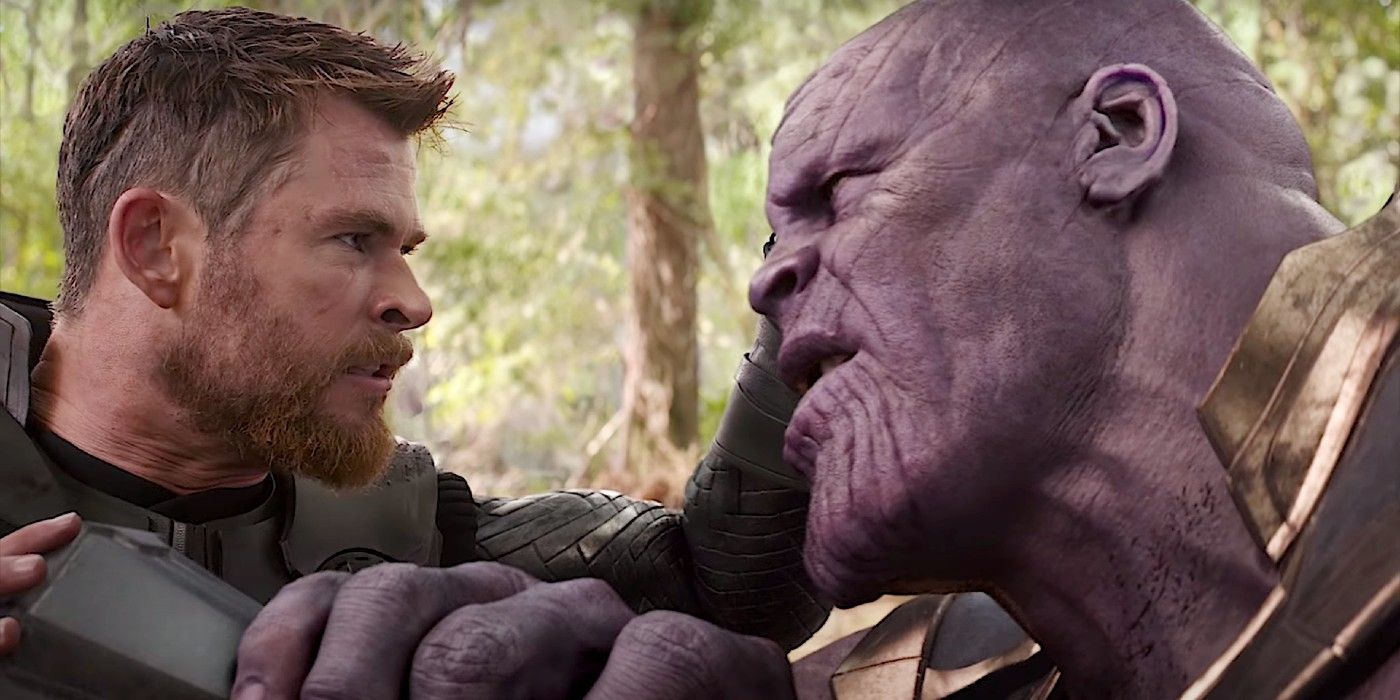
After Thanos killed half of the remaining Asgardians, including Loki (Tom Hiddleston) and Heimdall (Idris Elba), Thor became hell-bent on seeking revenge against the villain. In fact, his whole arc in Avengers: Infinity War revolved around that. He wasn't exactly thinking about the ramifications of the snap, he just wanted to make the villain pay for what he did to him. So, instead of reuniting right away with the Avengers on Earth, he decided to go on a side mission to acquire the Stormbreaker, which he believed would give him the edge against Thanos.
Thor's epic entrance in Wakanda was perhaps one of the few times in Avengers: Infinity War that felt like the heroes had a legitimate shot at defeating the Mad Titan. Even after Vision's heartbreaking death, Thor's subsequent attack on Thanos gave viewers the false hope that maybe the Avengers could win. Unfortunately, despite the tremendous personal growth he's had in the last several years, the God of Thunder's emotions got the best of him. He opted to gloat on Thanos, giving the villain just enough time to snap his fingers. By the time Thor realized what just happened, the Mad Titan was already gone.
from ScreenRant - Feed https://ift.tt/3FerYQz
via IFTTT
No comments:
Post a Comment